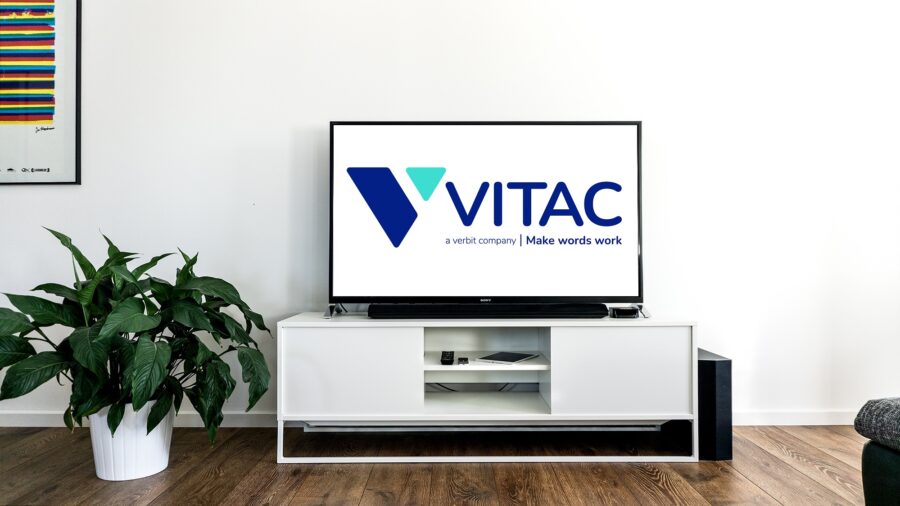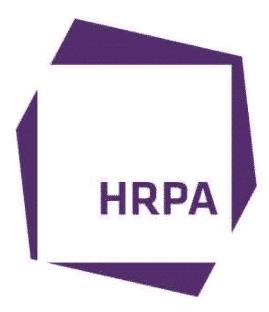AI-Powered Captioning, Transcription and Localization
VITAC solutions make words work for the world’s most dynamic media companies
Whether you’re hosting a conference, planning an event, or broadcasting to millions, we help make experiences accessible, insightful and useful.
VITAC is the United States’ largest and most trusted captioning company, and as part of the Verbit family, we’re combining human intelligence with a continuously improving AI-based engine unmatched in the industry for accuracy and affordability. Our clients enjoy peace of mind knowing their projects will meet strict quality standards – and can be customized to their unique language needs. How do we do it? Read more about Captivate™ our new, proprietary solution.
We provide:
- Captioning experts who craft custom solutions
- Reliable, responsive service at every stage of the process
- Compliance with all federal regulations
- Unmatched accuracy on all that we produce
With expert teams leveraging the most advanced technology in the industry, we deliver on efficiency and accuracy making us the provider of choice for:
- Major Television Networks
- Entertainment and Media Companies and Producers
- Fortune 500 Companies
- Small Businesses and Organizations
- World-class Educational Institutions
- Government Agencies
- Professional and Collegiate Sports Team and Venues
Let’s make words work together.
Hear from Our Clients
How We Can Help You
View All Captioning ServicesLive events with bigger impact
Our expert captioners are the most experienced in the business. With 24/7 assistance, we are always on so you don’t have to be. We provide live captioning for:
- Television Broadcasts
- Web Broadcasts
- Conference and Remote Meetings
- Sports, Concerts, and Events

The VITAC Blog

Justice Department Sets Accessibility Requirements for State and Local Government Websites and Mobile Apps
The U.S. Department of Justice (DOJ) announced a final rule that establishes specific requirements for making websites and mobile apps offered by state and local governments accessible to…

VITAC and ENCO Form Strategic Partnership to Expand Caption Encoding and Delivery Options for Broadcasters
VITAC, a Verbit Company, the largest captioning company in the United States, and ENCO, a global leader in innovative broadcasting solutions, are excited to announce a strategic partnership…

VITAC Combines AI Technology, Experience to Deliver Exceptional Caption and Transcription Quality
VITAC, a Verbit Company, has harnessed the power of AI to provide a breakthrough in transcription and caption accuracy, efficiency, and affordability. Our new, proprietary AI-powered solution, Captivate™,…








